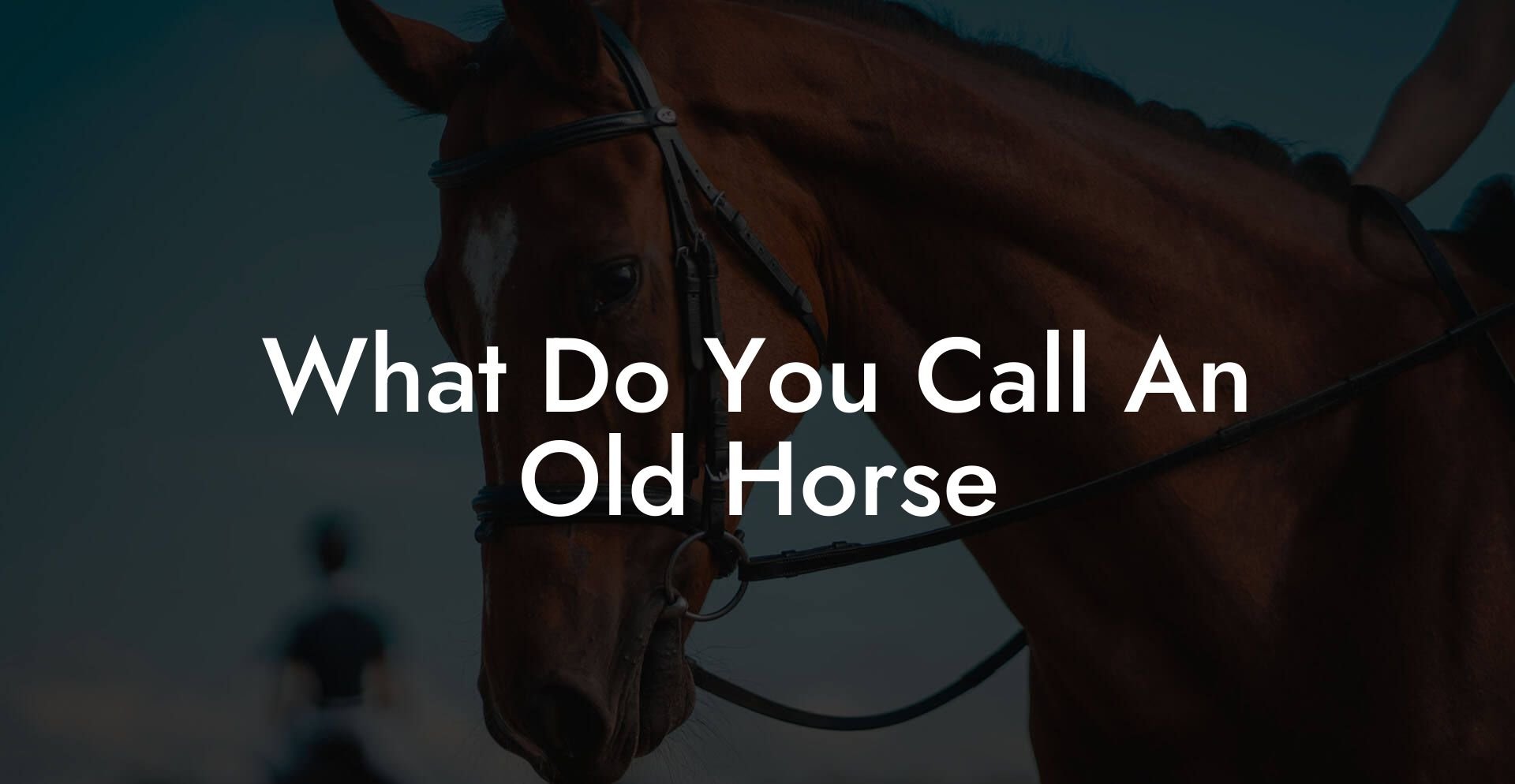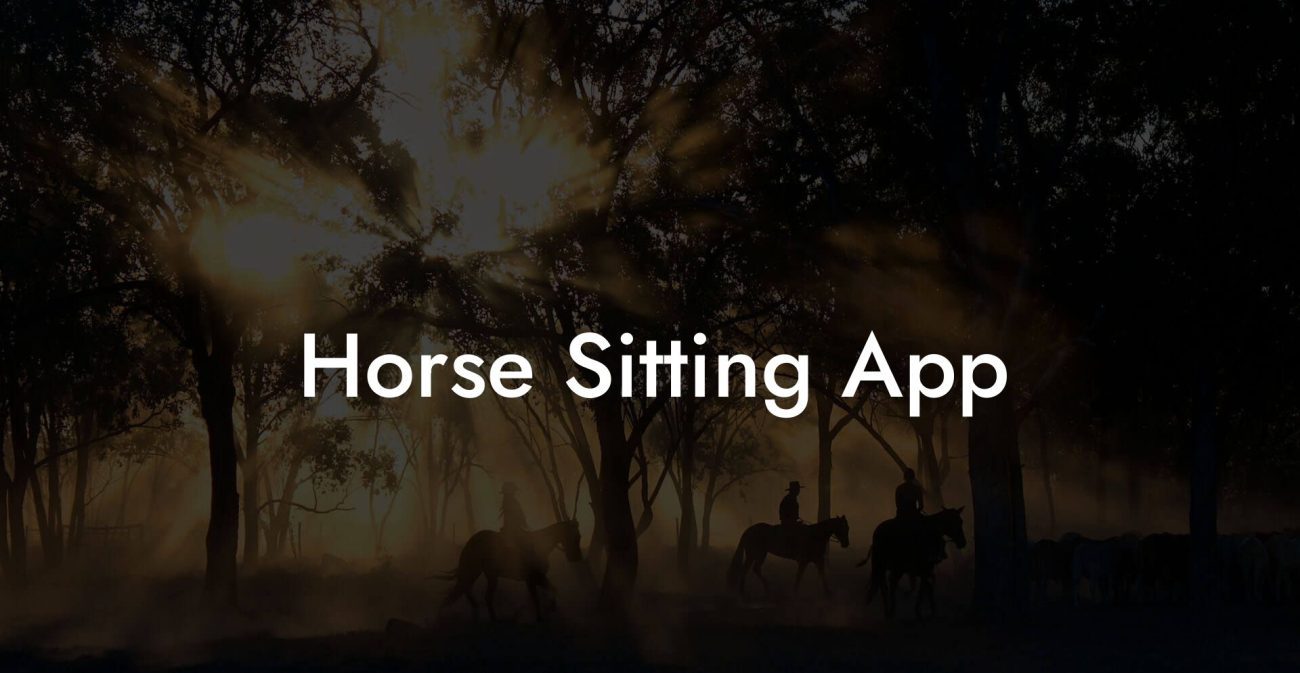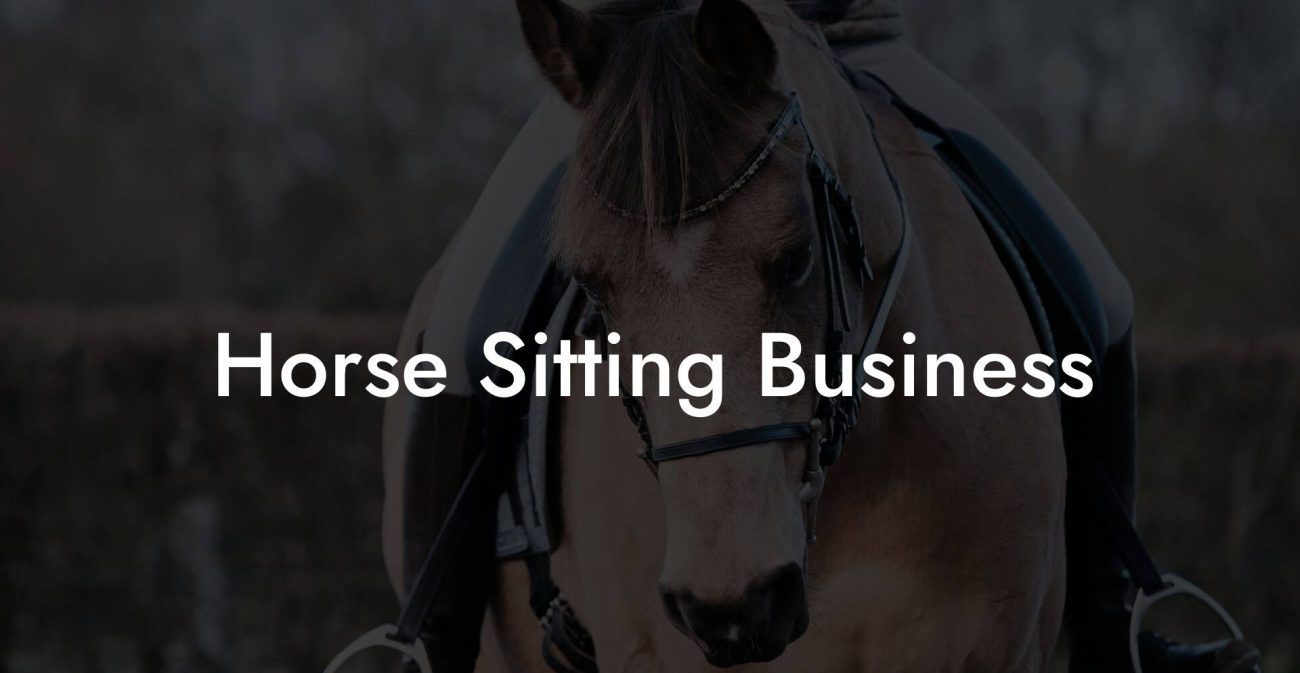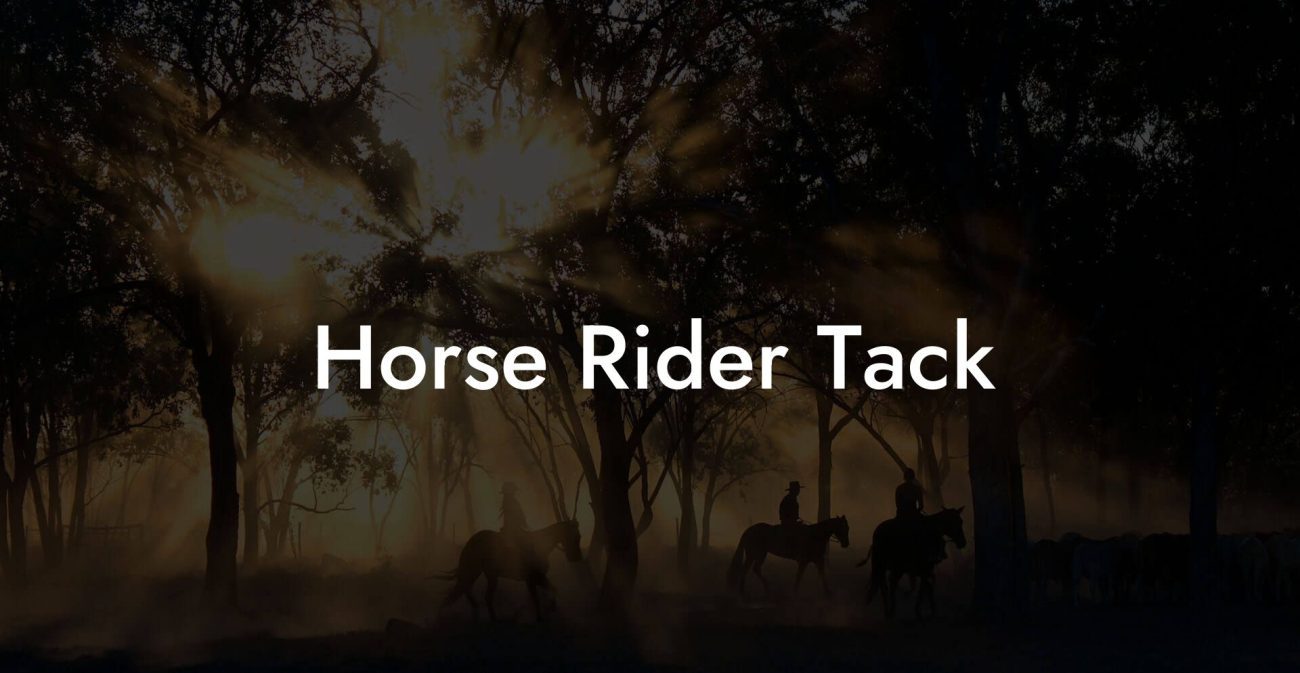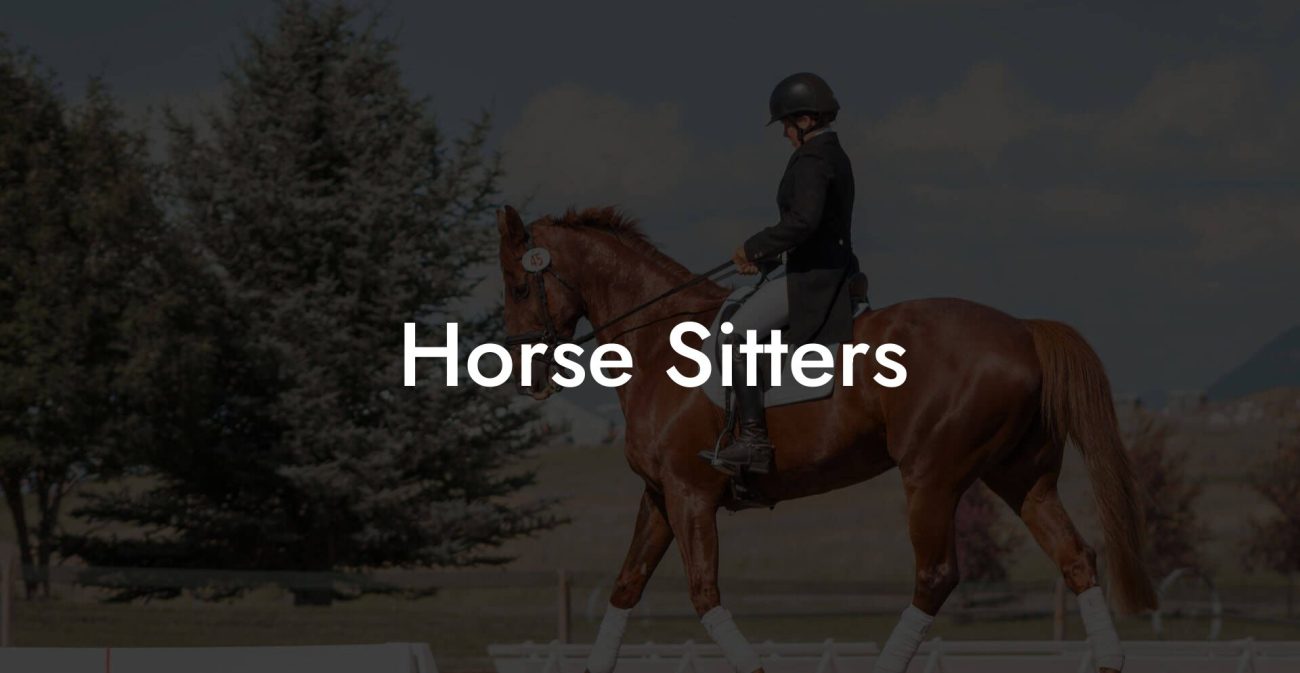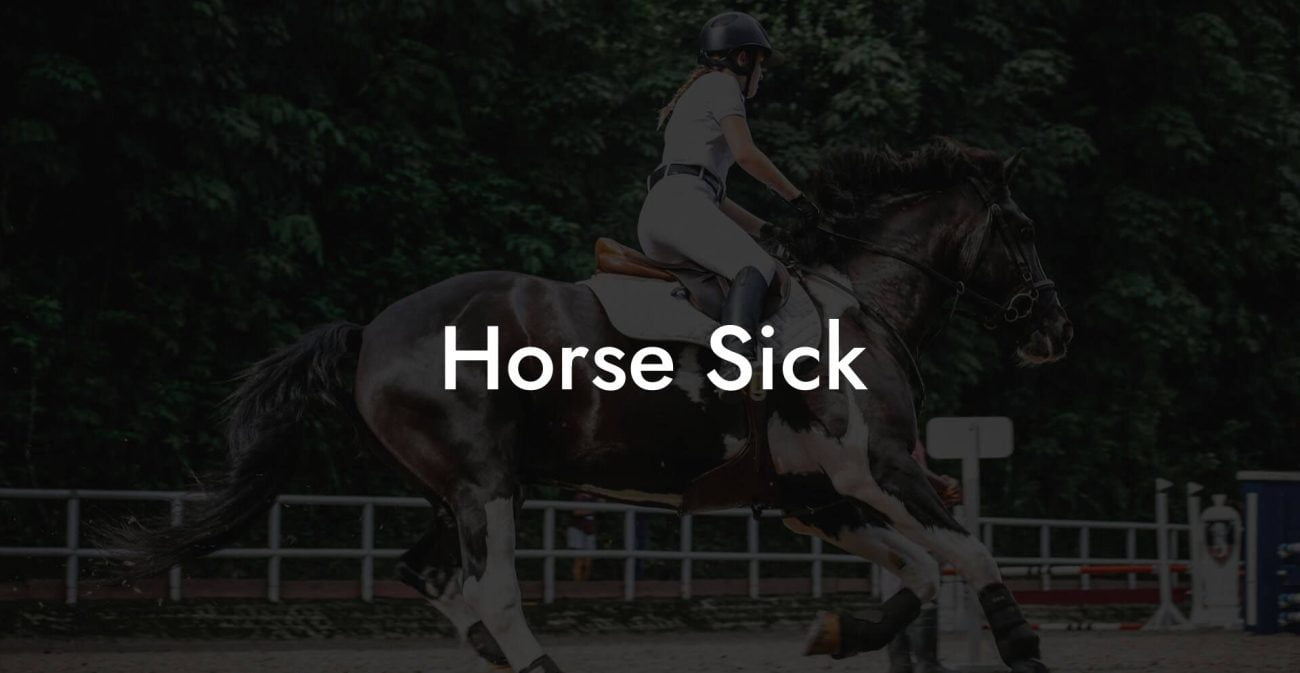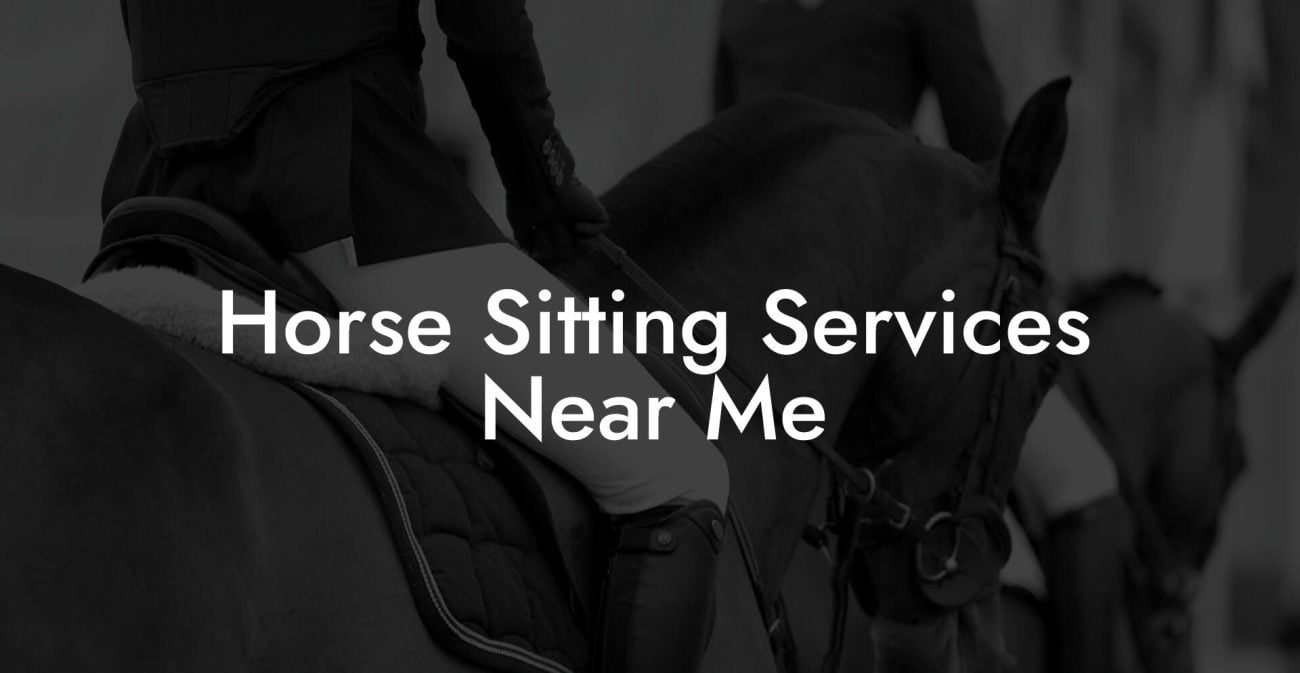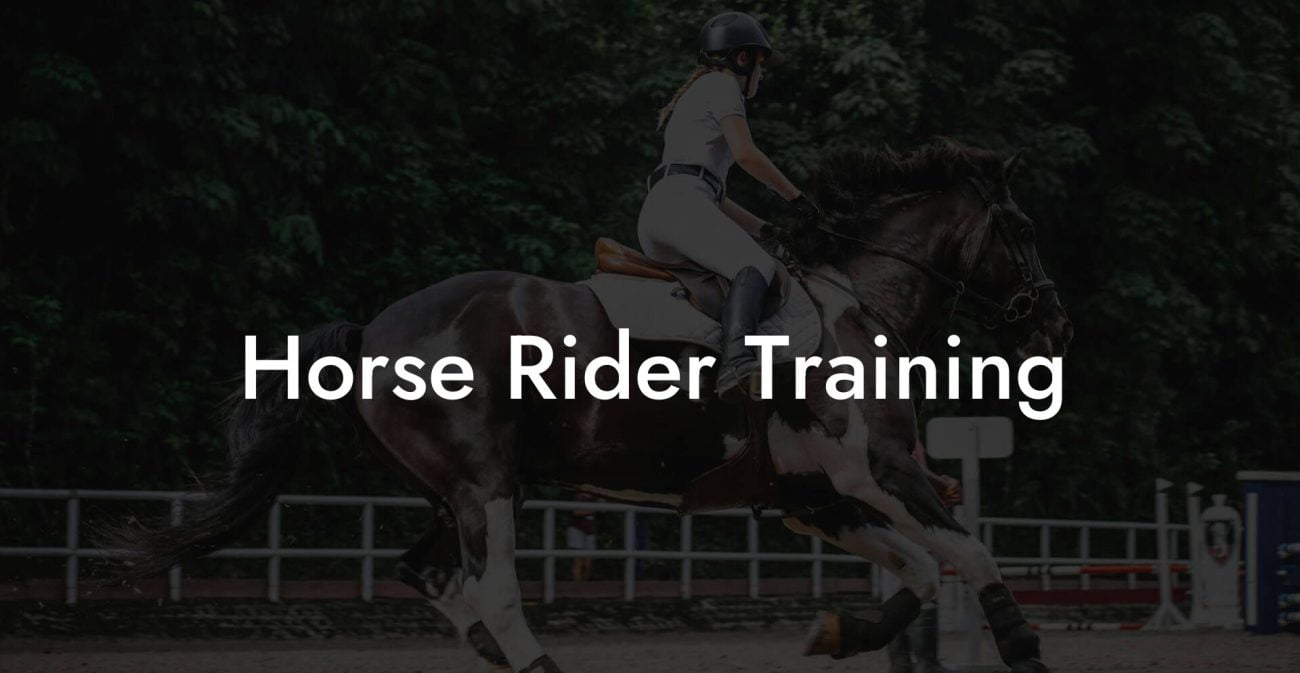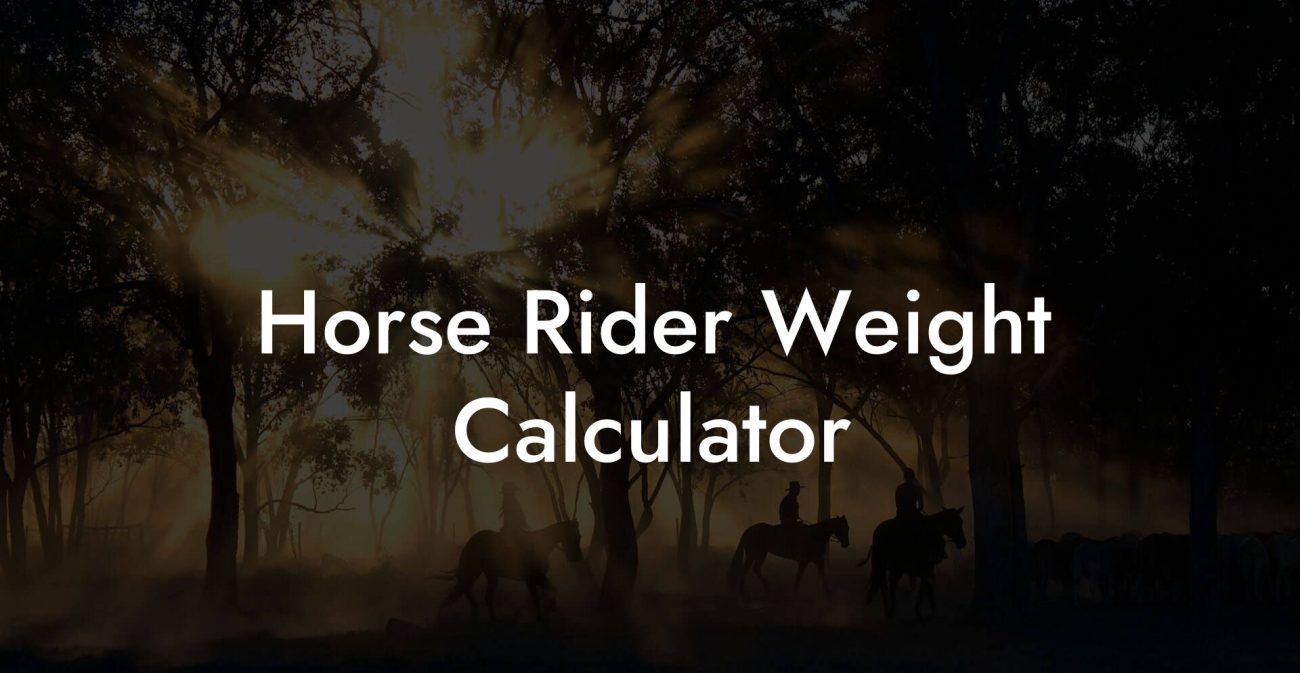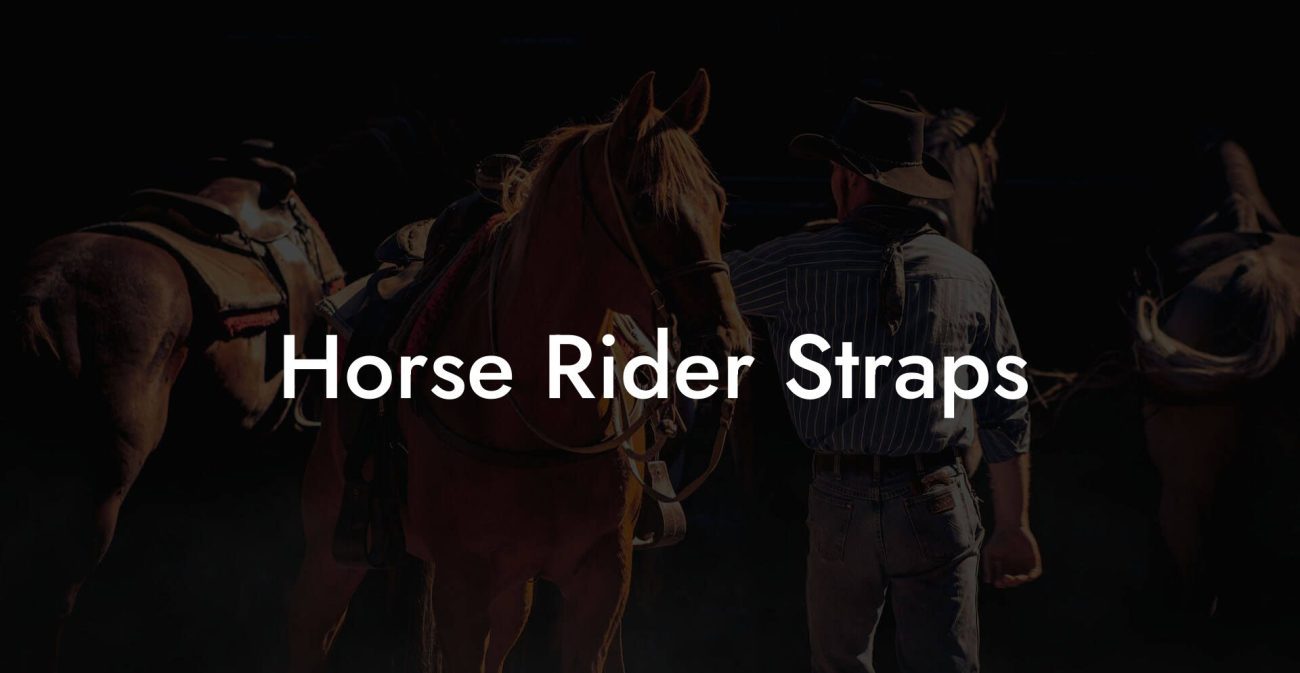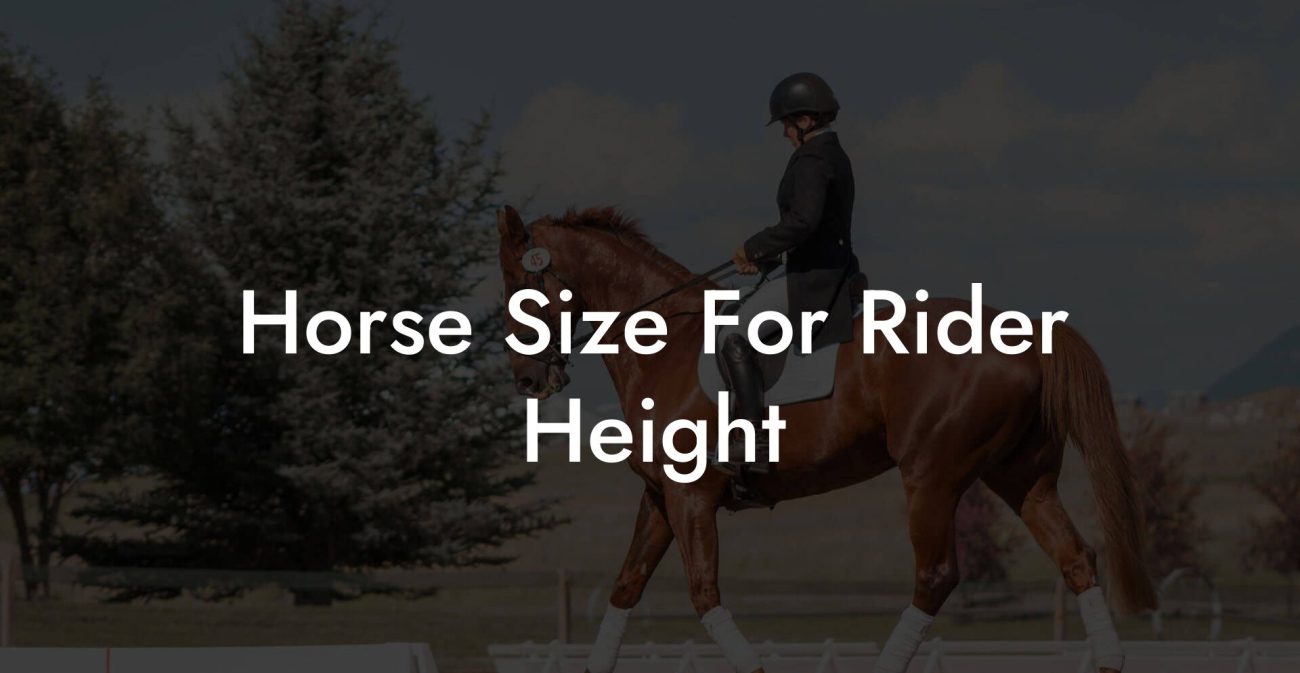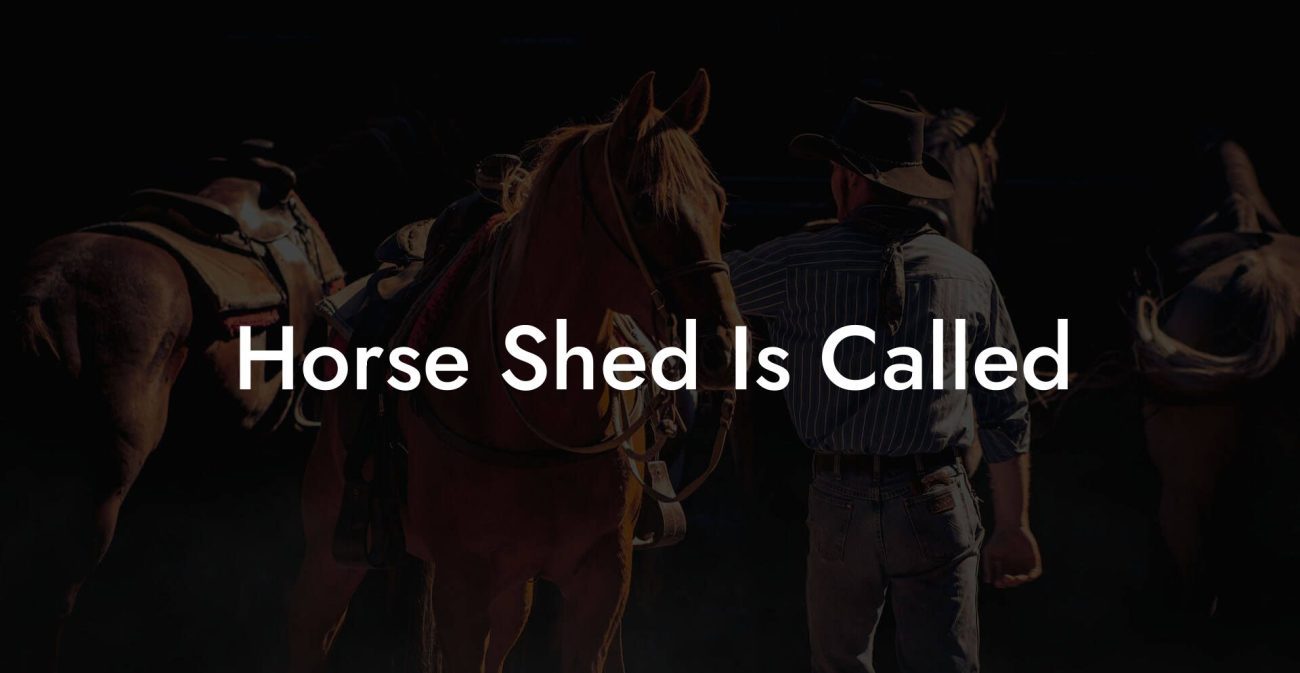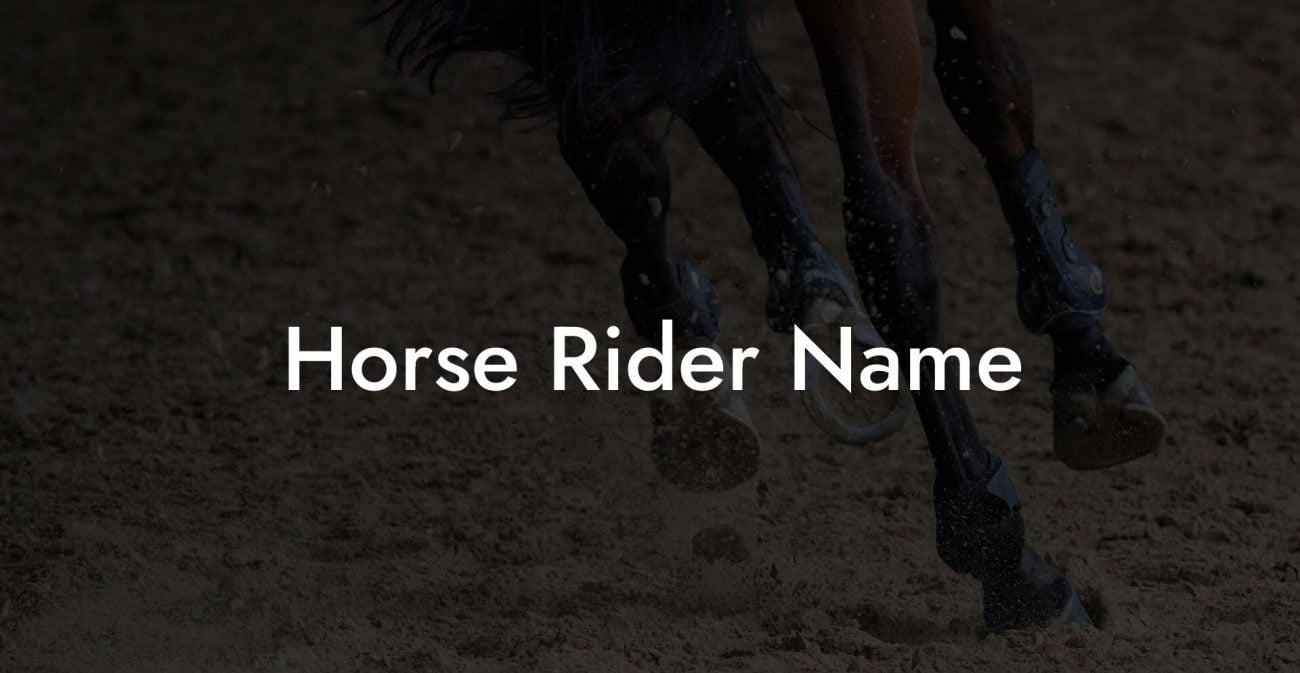Ever wondered what to call an old horse without sounding like you're stuck in an equine time warp? Whether you're an avid rider, a weekend stable enthusiast, or just curious about the lore of these timeless steeds, this guide is your go-to resource for understanding, caring for, and celebrating senior horses. Think of it as a rollicking mix of practical care tips, quirky horse puns, and a deep dive into the art of equine aging with style.
Quick Links to Useful Sections
- What Do You Call An Old Horse? The Many Names of Vintage Steeds
- The Golden Years: Understanding Your Senior Equine Companion
- Caring for Your Aged Equine: nutrition, health & Comfort
- Feeding Right for the Golden Years
- Regular Health Check-Ups: The Vet is In!
- Creating a Comfortable Environment
- Exercise & Enrichment for Your Experienced Steed
- Low-Impact Exercise Routines
- Mental Stimulation and Enrichment
- Equine Healthcare Essentials: Veterinary Visits and Beyond
- Maintaining a Comfortable Living Environment: The Stable of Your Dreams
- Training New Tricks: Embracing Learning and Adaptability with Senior Horses
- Integrative Equine Care: Melding Traditional Methods with Alternative Therapies
- Resources and Community Support: Your Next Steps in Equine Excellence
- Equine Life Stories: Real-Life Transformations and Triumphs
- Case Study 1: The Comeback of “Rusty”
- Case Study 2: Embracing Change with “Vintage Vixen”
- Case Study 3: A Journey of Adaptation for “Old Timer”
- Frequently Asked Questions
- Your Journey Towards Celebrating and Caring for Vintage Steeds
What Do You Call An Old Horse? The Many Names of Vintage Steeds
When it comes to naming an old horse, there’s more than one answer, it's a blend of affectionate nicknames, historical terms, and playful puns that celebrate decades of equine history. Calling an aged horse an “old-timer” or “vintage stallion” might invoke images of a dignified, seasoned companion who’s seen it all, while “rusty” or “sage” may highlight years of experience and wisdom. In the world of equine care, words matter as much as the care techniques we employ.
A few common terms include:
- Senior Equine: A respectful nod to a horse entering its golden years.
- Vintage Horse: Implies quality, character, and a long history of quality service.
- Old Timer: A term filled with nostalgia and admiration for years of companionship.
- Geri-horse: A playful twist on the aging process, reminding us that even seasoned horses have plenty to offer.
No matter which term you choose, it’s essential to remember that behind every label is a story of resilience, wisdom, and a lifetime of gallops, trots, and leisurely canters.
The Golden Years: Understanding Your Senior Equine Companion
Just like us millennials switching from streaming marathons to mindful meditation, our horses evolve too. Senior horses are not just older, they’re experienced, wise, and may need a bit of extra TLC as they transition into their golden years. Recognizing the physical and emotional needs of an older horse is the first step towards providing top-tier care.
Aging in horses, much like in humans, comes with a set of challenges and charming quirks. For instance, you might notice that your once spry equine friend now prefers a more laid-back pace, savoring each step as if it were the latest TikTok trend. Their joints might creak a little more, and they may opt for softer surfaces over the rugged terrain they once relished.
But fear not! Understanding the typical signs of aging, like reduced mobility, altered appetite, and changes in behavior, will help you identify when your horse is transitioning into the senior stage. Whether it’s a subtle shift in their energy levels or a newfound love for slow, thoughtful grazing sessions, each change is a signal that your care routine should adjust accordingly.
Caring for Your Aged Equine: nutrition, health & Comfort
Taking care of a senior horse is both an art and a science, imagine blending the precision of your favorite skincare routine with the heart of a vintage record collection. For older horses, nutrition, regular health check-ups, and a comfortable living environment are paramount.
Feeding Right for the Golden Years
Just as you swap your energy drinks for herbal tea when winding down after a long day, senior horses benefit immensely from a carefully curated diet. Focus on:
- High-Quality Forage: A diet rich in good quality hay is crucial as it supports the digestive system and helps maintain steady energy levels.
- Balanced Concentrates: Depending on your horse’s overall health and weight, you may need to integrate low-starch concentrates that are easier on the system and provide essential nutrients.
- Supplements: Joint supplements, omega-3 fatty acids, and antioxidants can reduce inflammation and support joint health, think of them as the multivitamins for your equine BFF.
- Water: Fresh, clean water should always be available because hydration is the secret ingredient to every great Instagram feed and healthy joint function!
Consulting with an equine nutritionist can ensure that your senior horse’s diet is perfectly tuned to their needs. After all, every horse, much like every follower in your social media circle, has unique preferences and requirements.
Regular Health Check-Ups: The Vet is In!
In the world of horse care, skipping vet visits is like ignoring the software updates on your phone, eventually, things start to glitch. Regular veterinary check-ups are crucial to catch issues like arthritis, dental problems, or other age-related ailments early on.
During these visits, your vet might perform:
- Comprehensive Physical Examinations: To monitor weight, joint flexibility, and overall health.
- Dental Exams: Maintaining proper dental care is vital for digestion and overall quality of life. Think of it as a routine cleaning for your best friend’s pearly whites!
- Diagnostic Tests: Blood work, x-rays, or ultrasounds can provide insights into internal conditions that may need intervention.
Regular checks help ensure that your old horse stays in tip-top shape, ready to enjoy life at a slower, but oh-so-enjoyable pace.
Creating a Comfortable Environment
As horses age, creating an environment that minimizes stress on their joints and backs is a game-changer. Consider the following tips:
- Softer Bedding: High-quality straw or specialized bedding can reduce pressure on aching legs and joints.
- Accessible Shelter: Ensure that shelter is easily accessible, no one wants to navigate a labyrinth just to find shade or protection from the rain.
- Safe Terrain: Even if you’ve got the best riding trails in the region, when it’s time for a relaxed stroll, a well-maintained, level path is ideal.
- Temperature Control: Older horses can be more sensitive to extreme temperatures, so providing a stable environment that offers both warmth and cool areas is key.
By paying attention to these details, you’re not just caring for a horse, you’re crafting a haven where your vintage steed can lounge, graze, and enjoy every sunset like it’s the grand finale of a viral YouTube video.
Exercise & Enrichment for Your Experienced Steed
Who said senior horses can’t have fun? Just as your favorite retro video game reminds you that experience is the ultimate teacher, a well-planned exercise routine ensures your old horse stays limber, both physically and mentally. Tailor the activities to their capabilities with plenty of variety to keep boredom at bay.
Low-Impact Exercise Routines
Older horses may not be able to keep up with a full-speed canter on the racetrack, but that doesn’t mean they can’t enjoy a good workout. Focus on:
- Leisurely Walks: Calm, regular walks help maintain muscle tone without overwhelming the joints.
- Interval Work: Short, gentle trotting or controlled laps can be introduced gradually. Think of it as the equine version of high-intensity interval training (HIIT) for those days when energy is in abundance.
- Stretching and Flexibility Exercises: Simple stretches help maintain flexibility and reduce stiffness. Incorporate gentle limb movements and even guided stretching sessions under professional supervision.
Remember, the goal is to keep your horse moving without causing further wear and tear. Like a perfectly curated playlist that eases you into the groove, exercise should be enjoyable and stress-free.
Mental Stimulation and Enrichment
A bored horse is an unhappy horse, especially when wisdom meets restlessness. Mental stimulation can come in many creative forms:
- Interactive Toys: Toys and puzzles designed for horses can keep an older brain engaged by challenging them in a fun, playful way.
- Groundwork Exercises: These exercises promote trust and communication between you and your senior steed. It’s like bonding over your favorite memes and YouTube challenges.
- Social Interaction: If your horse is part of a herd, encourage gentle socialization. Equine interaction is vital for mental health and offers opportunities for playful banter, yes, horses can be social butterflies too!
Enrichment isn’t just about physical movement; it’s about keeping the mind active and engaged. When your horse feels challenged happily, every day in the stable feels like a fun-filled adventure.
Equine Healthcare Essentials: Veterinary Visits and Beyond
Just like you wouldn’t skip your annual check-up at the dermatologist or dentist, a regular vet visit is non-negotiable for maintaining an old horse’s health. Beyond routine exams, proactive healthcare can make a world of difference in preserving quality of life.
Here are the must-do’s in equine healthcare for senior horses:
- Regular Dental Care: Dental issues in horses can lead to diminished appetite and weight loss. Scheduling biannual dental cleanings is a smart move to avoid any long-term issues.
- Vaccinations and Parasite Control: Maintaining an up-to-date vaccination schedule is key. Equine influenza or tetanus can be serious business, so work with your vet to design a robust parasite management plan.
- Specialized Therapies: For aging joints, treatments such as acupuncture, cold therapies, and even shockwave therapy can help manage arthritis and inflammation. These therapies are gaining traction among younger caretakers who appreciate a blend of science and natural healing methods.
- Customized Pain Management: Whether it’s conventional anti-inflammatories or alternative remedies like herbal supplements, tailored pain management can significantly improve your horse’s comfort and mobility.
Keeping up with these healthcare essentials not only extends your horse’s lifespan but also ensures that they enjoy a dignified, active life well into their senior years.
Maintaining a Comfortable Living Environment: The Stable of Your Dreams
A comfy, stress-free environment isn’t just for humans in minimalist apartments, it’s essential for our four-legged veterans too. The stable environment plays a huge role in an old horse’s overall well-being.
Consider these tips to elevate your horse’s living quarters:
- Easy Access and Soft Flooring: Retrofitting stables with softer, non-slip flooring and ramps can help minimize the risk of injury. Safety is the name of the game!
- Climate Control: Ensure adequate ventilation and temperature control within the stable. Senior horses can be more sensitive to heat and cold, so mild and consistent conditions will keep them comfortable.
- Regular Cleaning: A clean environment reduces the risk of infections and respiratory issues. Think of it as giving your horse’s living space the same TLC as your favorite coffee shop, a little extra shine goes a long way.
- Ample Space for Movement: Even older horses benefit from having enough room to move around freely. Whether it’s inside a spacious barn or an outdoor paddock, ensuring that your horse has a safe space to roam can improve both physical and mental health.
By cultivating a stable environment that’s both functional and cozy, you’re setting the stage for your old horse to enjoy life at its full, contented pace.
Training New Tricks: Embracing Learning and Adaptability with Senior Horses
Who says you can’t teach an old horse new tricks? Whether you’re a seasoned equestrian or a curious beginner, training an aging horse requires patience, creativity, and a willingness to honor their pace. With the right approach, even senior horses can learn new behaviors and enrich their lives.
Here’s how to make training a delightful adventure for both you and your equine companion:
- Keep Sessions Short and Sweet: Short training sessions, peppered with plenty of breaks, are more effective than marathon drills. Think of it as a series of TikTok clips rather than an endless YouTube binge.
- Positive Reinforcement: Reward successes with treats, affection, or a gentle pat. Positive reinforcement creates an environment of trust and encourages your horse to embrace each new challenge with enthusiasm.
- Adapt to Their Pace: Recognize that physical limitations may require modifications to traditional training techniques. Adjust exercises and techniques to match their capabilities, ensuring that learning remains fun and safe.
- Mental Engagement: Use simple tasks and problem-solving exercises to keep your horse’s mind sharp. Just like a good puzzle app, mental challenges can revitalize your horse’s interest and reinforce your bond.
Training senior horses isn’t about pushing boundaries, it’s about celebrating the journey of learning at any age. With creativity and patience, you might just be surprised by the new tricks your vintage stallion can master!
Integrative Equine Care: Melding Traditional Methods with Alternative Therapies
In today’s holistic world, integrating conventional equine care with alternative therapies isn’t just a trend, it’s a revolution in how we approach aging and wellness for our horses. Just as our favorite apps blend modern tech with time-tested wisdom, integrative equine care takes the best of both worlds to improve your horse’s quality of life.
Consider incorporating:
- Acupuncture and Massage: These therapies can help relieve arthritic pain and muscle stiffness. Many horse owners swear by the calming effects of these ancient techniques, which work wonders much like a perfect blend of lo-fi beats and mindfulness.
- Herbal Supplements: Natural supplements such as turmeric, glucosamine, and omega-3 fatty acids can support joint health and reduce inflammation. As with your favorite organic smoothie bowl, these ingredients provide holistic nourishment.
- Hydrotherapy: For horses with mobility issues, hydrotherapy can offer a low-impact workout that improves circulation and eases joint pain. Imagine it as a luxurious spa day for your four-legged friend.
- Mind-Body Connection: Encourage calm routines and mental well-being through gentle stretching and relaxation techniques. After all, a relaxed horse is a happy horse, ready to enjoy the art of slow living.
Combining traditional veterinary care with these forward-thinking therapies results in a comprehensive care plan that respects the old while embracing the new. The result? A harmonious, balanced approach to equine longevity that’s as refreshing as your morning artisan coffee.
Resources and Community Support: Your Next Steps in Equine Excellence
Caring for an aging horse isn’t a solo journey, it’s a community vibe. Whether you’re looking for support, sharing your latest stable project on social media, or swapping tips with fellow horse enthusiasts, tapping into a network of like-minded individuals is essential.
Here are a few ways to stay connected and informed:
- Equine Forums and Social Media Groups: Join online communities on platforms like Facebook, Reddit, or dedicated equine forums where you can exchange tips, share success stories, and even receive a little validation when your horse pulls off a new trick.
- Local Equine Centers and Clinics: Check out local clubs, riding schools, or equine therapy centers that offer workshops, networking events, and hands-on demonstrations tailored to senior horse care.
- Workshops and Continuing Education: Many veterinary and equine organizations host seminars or webinars on advanced care techniques for older horses. These events are an excellent opportunity to stay ahead of the curve and get inspired by new ideas.
- Trusted Publications and Blogs: From reputable equine health websites to blogs written by experienced horse owners, tapping into diverse sources can broaden your perspective on managing an aging horse, ensuring you're always on top of the latest care trends.
- Local Support Networks: Consider joining local groups or clubs that focus on equine health and wellness, these can be invaluable sources of hands-on advice and friendship.
By building a supportive network and staying informed, you can ensure that every decision made is backed by community wisdom and the latest research. Remember, even the most experienced horses need a tribe, and now you’re part of that inclusive, ever-evolving herd.
Ready to dive deeper into the world of equine care? Bookmark this page, join a forum, or even share your own inspiring stories. Your next steps in equine excellence begin with community support and continuous learning!
Equine Life Stories: Real-Life Transformations and Triumphs
Sometimes, the best way to appreciate the journey of senior horse care is through inspiring real-life stories. Let’s meet a few equine veterans whose lives have been transformed by dedicated care and innovative approaches.
Case Study 1: The Comeback of “Rusty”
Rusty wasn’t always the high-spirited stallion he is today. In his later years, after a series of joint issues and creeping arthritis, his dedicated owner revamped his diet, adjusted his exercise regimen, and introduced targeted physiotherapy. Through a combination of natural supplements and regular veterinary care, Rusty bounced back, now trotting with a renewed spark that belies his age.
Case Study 2: Embracing Change with “Vintage Vixen”
Vintage Vixen, a once high-energy mare, faced a challenging diagnosis that left her feeling lethargic and in discomfort. With a supportive care plan including acupuncture, gentle hydrotherapy sessions, and enriched grassy paddocks, she reinvented herself. Today, Vintage Vixen is celebrated not only for her graceful gait but also as a symbol of resilience and the benefits of integrative care.
Case Study 3: A Journey of Adaptation for “Old Timer”
Known affectionately as Old Timer, this venerable horse showed early signs of cognitive decline and physical rigidity. Through dedicated community support and a customized plan that incorporated mental enrichment exercises, regular low-impact workouts, and a love for gentle grooming sessions, Old Timer’s caretaker witnessed a remarkable turnaround. His calmer demeanor and improved mobility are a testament to the power of adaptive care and unmistakable equine spirit.
These stories remind us that every senior horse, like every great influencer, has the power to reinvent themselves with the proper care, compassion, and community support. Their journeys encourage all of us to embrace the beauty of aging gracefully, with a side of humor and heaps of heart.
Frequently Asked Questions
Below are some of the most frequently asked questions about caring for old horses, accompanied by clear answers and real-world advice.
1. What is the ideal age to consider a horse as a “senior horse”?
While it can vary by breed and overall health, many equine professionals consider horses to be seniors around the age of 15. This is when age-related changes often become noticeable, and a few adjustments in care may be needed.
2. How can I tell if my old horse needs a dietary change?
Common signs include unexplained weight loss, a decrease in energy, or difficulty digesting food. Regular veterinary check-ups and nutritional assessments are key in adapting your horse’s diet to their evolving needs.
3. Can older horses still learn new tricks?
Absolutely! With patience and a tailored training plan, many senior horses show remarkable adaptability and enthusiasm for learning, even if it’s just learning to relax and enjoy a gentle walk.
4. What are some common health issues in senior horses?
Aging horses are more prone to arthritis, dental issues, and digestive sensitivities. Incorporating regular vet checks and specialized care routines can help address these challenges proactively.
5. Are alternative therapies like acupuncture effective for older horses?
Many horse owners have reported positive outcomes using alternative treatments such as acupuncture, massage, and hydrotherapy to manage pain and improve mobility. Often, these therapies are integrated with conventional care for best results.
6. How often should I schedule veterinary check-ups for my senior horse?
Generally, biannual check-ups are recommended, but your vet may advise more frequent visits depending on your horse’s individual health needs.
7. What adjustments should be made to the stable environment for older horses?
Soft bedding, easy accessibility, and non-slip flooring are essential to reduce injury risks and improve comfort. Temperature control and clean, spacious areas also contribute significantly to your horse’s well-being.
8. How can I keep my senior horse mentally stimulated?
Interactive toys, varied training sessions, and social interactions with other horses can keep your senior friend mentally engaged and happy. Enrichment routines tailored to their interests are key.
9. Is there any specialized equipment recommended for senior equine care?
Yes, items such as supportive bedding, orthopaedic mats, and ramps can make a significant difference in the comfort and mobility of older horses.
10. Where can I find a community of equine enthusiasts focused on senior horse care?
Online forums, social media groups, and local equine clubs are great places to connect, share experiences, and learn from others who are passionate about the care of aged horses.
Your Journey Towards Celebrating and Caring for Vintage Steeds
Embracing the care and celebration of an old horse is about more than just managing age-related challenges, it's about honoring decades of companionship, resilience, and character in a truly remarkable creature. Just as you appreciate the vintage classics in music, art, or fashion, every aged horse has a story worth cherishing.
With the insights shared in this guide, from the origins of playful names like “old-timer” and “vintage horse” to the latest in integrative equine care techniques, you’re well-equipped to provide the best care possible. From nutrition and comfortable living spaces to innovative exercise routines that celebrate both body and mind, every step in your journey is a testament to the incredible bond between you and your timeless steed.
Let your old horse inspire you to blend tradition with modern care strategies, laughter with dedication, and innovation with the timeless spirit of equine majesty. Whether you’re a seasoned equestrian or a newbie trying to keep up with trendy stable hacks, remember that every stride, every nibble of hay, and every quiet moment spent together adds to a narrative of care that spans generations.
So, what do you call an old horse? You call them cherished, experienced, and absolutely priceless, and with the right care, these majestic companions will continue to enrich your life with every gentle trot and graceful canter.
Step into the world of senior equine care with confidence, buoyed by community support, proven techniques, and a passion for celebrating life at every age. Your journey with your vintage steed is a testament to the beauty of care, commitment, and endless equine inspiration.

